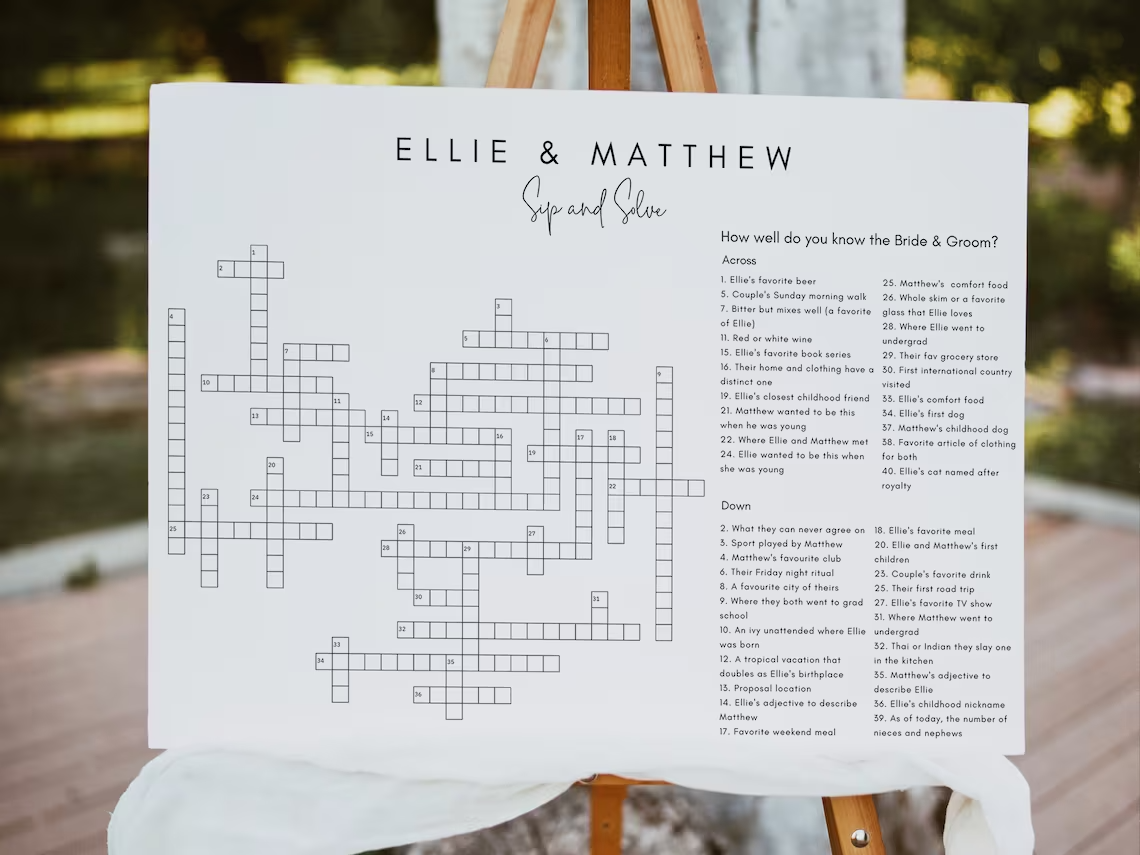Tricky Question: Solve Crossword Puzzles Easily

Solving crossword puzzles can be a fun and challenging activity for many people. However, it can also be frustrating when you get stuck on a particular clue. With the right strategies and techniques, you can improve your chances of solving crosswords easily. In this article, we will explore some tips and tricks to help you become a crossword puzzle master.
Understanding Crossword Puzzle Basics

Before we dive into the advanced techniques, it’s essential to understand the basics of crossword puzzles. A typical crossword puzzle consists of a grid of squares, usually rectangular in shape, with black and white squares. The goal is to fill in the white squares with words, following the clues provided. The clues can be straightforward or cryptic, and the words can be horizontal or vertical.
Types of Crossword Puzzles
There are several types of crossword puzzles, including American-style, British-style, and cryptic crosswords. American-style crosswords are the most common type and are characterized by a square grid with symmetrical patterns. British-style crosswords, on the other hand, have a more irregular grid pattern and often feature more complex clues. Cryptic crosswords are the most challenging type and require a deep understanding of wordplay and puzzles.
| Type of Crossword | Characteristics |
|---|---|
| American-style | Square grid, symmetrical patterns, straightforward clues |
| British-style | Irregular grid pattern, complex clues, more challenging |
| Cryptic | Requires deep understanding of wordplay and puzzles, most challenging |

Advanced Techniques for Solving Crosswords

Once you have a good understanding of the basics, you can start to use more advanced techniques to solve crosswords. One of the most powerful techniques is to use word lists and patterns to help you figure out the answers. You can also use tools like crossword puzzle software or online resources to help you find the answers.
Using Word Lists and Patterns
Word lists and patterns can be incredibly helpful when solving crosswords. By recognizing common word patterns, such as prefixes, suffixes, and word families, you can make educated guesses about the answers. You can also use word lists to help you figure out the answers to clues that are more obscure.
Another advanced technique is to use the process of elimination to narrow down the possible answers. By eliminating words that are clearly not possible, you can increase your chances of finding the correct answer. This technique requires a good understanding of the clues and the words that are already filled in.
- Start with the easiest clues first
- Use word lists and patterns to help you figure out the answers
- Use the process of elimination to narrow down the possible answers
- Use tools like crossword puzzle software or online resources to help you find the answers
Conclusion and Future Implications
In conclusion, solving crosswords can be a fun and challenging activity that requires a combination of vocabulary, pattern recognition, and critical thinking skills. By understanding the basics of crosswords and using advanced techniques like word lists and patterns, you can improve your chances of solving crosswords easily. As you continue to solve crosswords, you will develop your skills and become more confident in your abilities.
What is the best way to start solving a crossword puzzle?
+The best way to start solving a crossword puzzle is to begin with the easiest clues first. Look for clues that have a high probability of being correct, such as short answers or answers that are commonly known.
How can I improve my crossword puzzle-solving skills?
+To improve your crossword puzzle-solving skills, practice regularly and try different types of crosswords. You can also use online resources and tools to help you find answers and learn new words.
What are some common mistakes to avoid when solving crosswords?
+Common mistakes to avoid when solving crosswords include not reading the clues carefully, not using the process of elimination, and not checking your work. It’s also important to avoid making assumptions or guessing wildly, as this can lead to errors and frustration.



